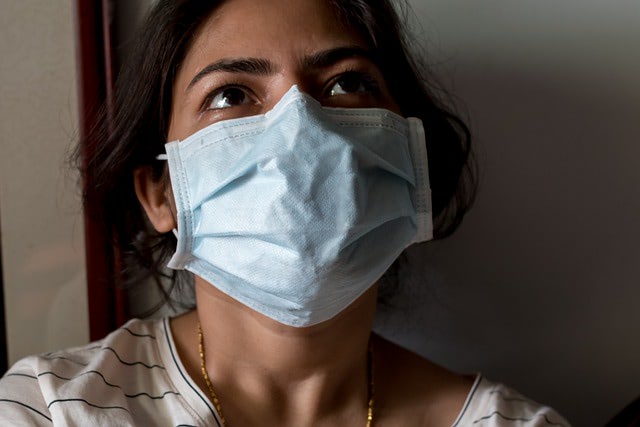Revealed: The impact of the pandemic on women in the North

Leading think tank @IPPRNorth calls for “deeds, not words”, to “build back fairer” for northern women
The leading think-tank for the north of England has today published research showing that northern women have been disproportionately impacted by inequalities during the Covid-19 pandemic.
IPPR North found that most key workers are women, putting them at a greater risk of infection and mortality during the Covid-19 pandemic:
- Nearly half of working women in the North work in the sectors that have seen the biggest negative impacts during the pandemic – health and social care, hospitality, wholesale and retail.
- In comparison, men make up just 26 per cent of the workforce in these sectors. In fact, men make up just 6 per cent of the health and social care workforce in the North.
- In December, 1.9 million people were furloughed across the UK, and approximately 382,000 of those furloughed were northern women. That means 1 in 10 working women across the North have been furloughed in the past year. Women are also less likely to have their wages topped up by their employers.
Today’s report tells the story of how inequalities do not exist in isolation from one another. Women in the North are experiencing the impacts of gender and regional inequalities, while many are also experiencing additional inequalities such as economic and racial injustice – all of which have worsened during the pandemic.
Researchers at IPPR North have recommended that the north of England leads the way on building back fairer for women. They say that government and northern leaders should put women at the heart of their plans for recovery and have called for “deeds, not words” to “build back fairer for women” on:
- Income: Through efforts to improve pay and conditions for women across the North.
- Understanding: By collecting better data on inequalities in places across the region, and making a good life for women in the North a key measure of success.
- And representation: Accelerating gender representation in regional political infrastructure, and ensuring gender balance in future devolution negotiations.
IPPR North researcher, Amreen Qureshi said:
“Inequalities don’t exist in silos. They interact with each other. Women in the North are experiencing regional, economic, racial, and other inequalities – some all at the same time.
“Even before the pandemic, northern women – especially those in the most deprived communities – have seen their life expectancy fall after a decade of austerity. Women earn less, are more likely to be key workers and experience gender-based violence, and they take on a more significant responsibility for informal care.
“There is no excuse for overlooking the impact of widening inequalities on women in the North. As leaders plan for recovery, we need deeds, not words, to build back fairer for northern women”.
IPPR North director, Sarah Longlands said:
“As a senior woman working in public policy, I’ve lost count of the number of times where I’ve been the only woman in the room talking about the future of regions like the North.
“The opportunities that we have to build a better future for the North can only be fully realised when we challenge the status quo and do all we can to amplify women’s voices in our communities, our politics and in public policy.“











Responses